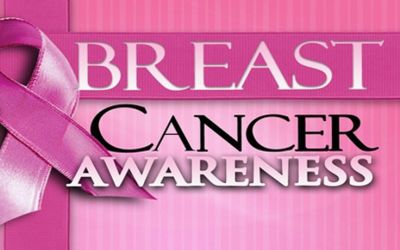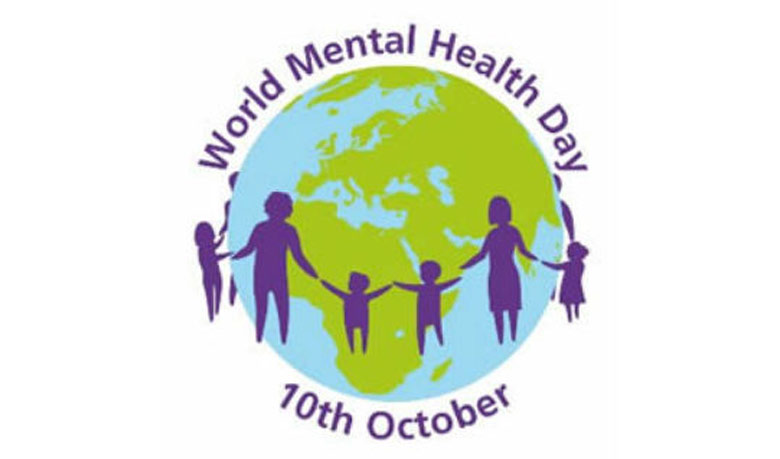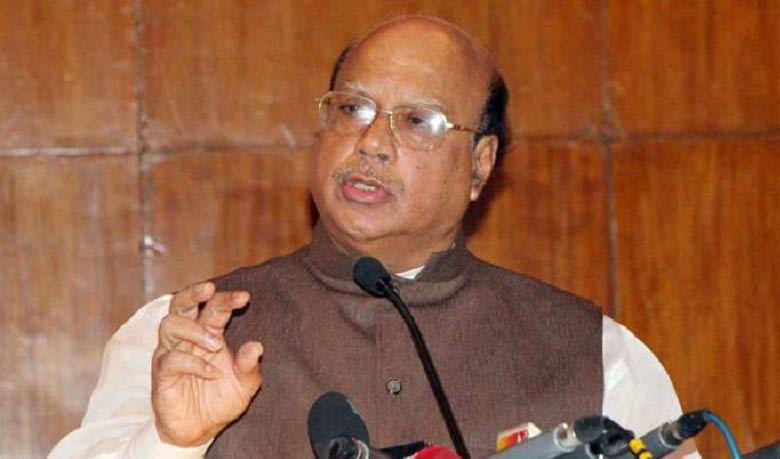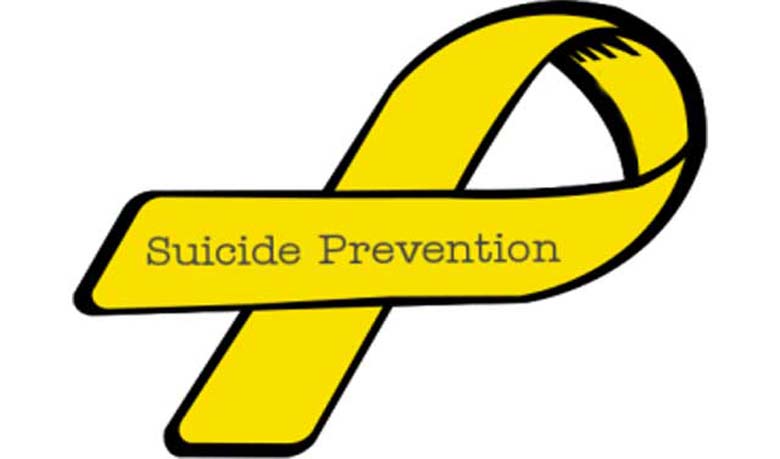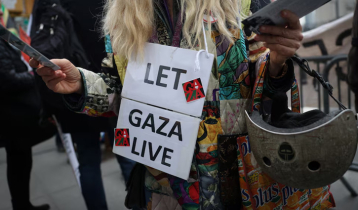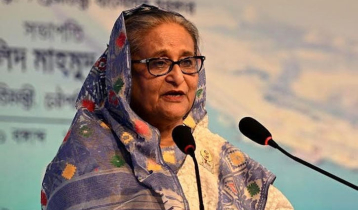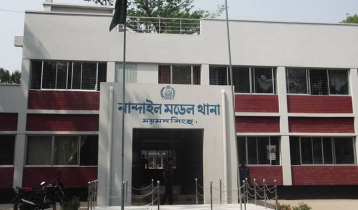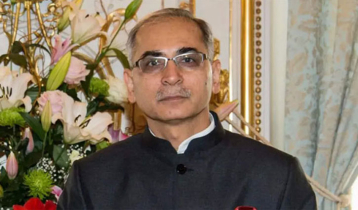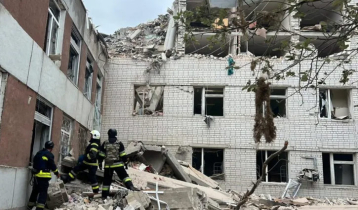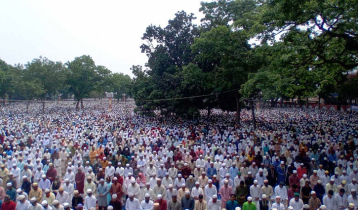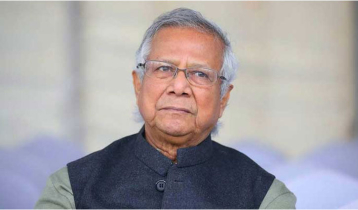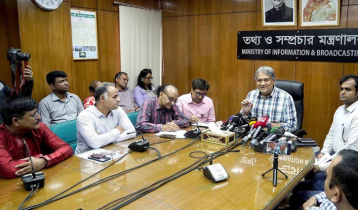Say `no` to Tobacco
Aminul || risingbd.com
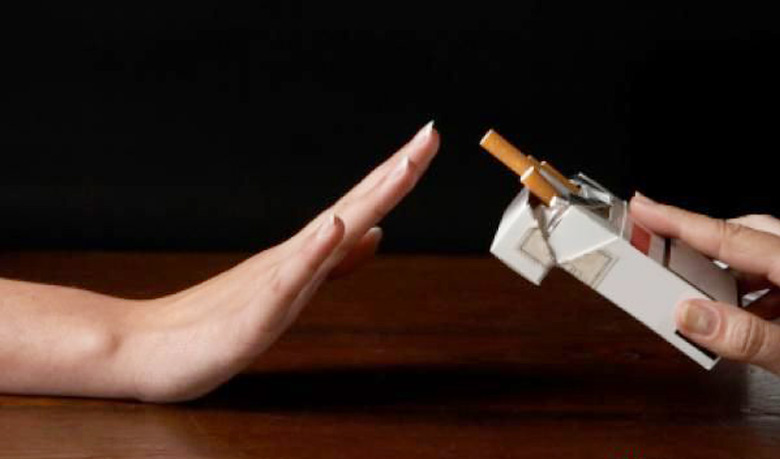
File photo
Mahfuzur Rahman: Tobacco is one of the killers of human being. The Tobacco, according to the World Health Organisation (WHO), kills nearly six million people every year in all over the world.
If this current trend continues, this number is expected to reach 8 million deaths annually by 2030.
Tobacco is now one of the most concerning issues of today`s world. It is actually a green, leafy plant that is grown in warm climates. But after it is picked, it is dried, ground up, and used in different ways. It can be smoked in a cigarette, pipe, or cigar. It can be chewed (called smokeless tobacco or chewing tobacco) or sniffed through the nose (called snuff).
Today is World No Tobacco Day.
In Tobacco related diseases, the majority of the people die because of smoking, but 10 percent of this figure die from second-hand smoking.
According to WHO`s report, women are more affected than men in Tobacco uses. Sixteen percent of male deaths globally are attributable to tobacco, compared with seven percent of women.
In Africa, where tobacco use isn’t as well established as elsewhere, it is responsible for five percent of male deaths, compared with 25 percent in Europe.
In every year, on May 31, the global health community mark World No Tobacco Day.
This year’s theme focuses on the public health priority of stopping the illicit trade of tobacco products. Perhaps this is a good occasion to clarify that raising tobacco taxes to make this habit-forming product unaffordable is not the cause of illicit trade.

Sponsored by the World Health Organization (WHO) and observed on May 31 each year, World No Tobacco Day highlights the health risks associated with tobacco use and encourages effective actions to reduce tobacco consumption. This year, WHO calls for international collaboration to stop the illicit trade of tobacco products.
Illicit tobacco trade is characterized by tax avoidance and tax evasion, such as bootlegging, counterfeiting, and smuggling. This practice undermines tobacco use prevention and control by increasing the accessibility and affordability of tobacco products and can reduce government tax revenue.
According to report, an estimated one in 10 cigarettes consumed worldwide and 8%–21% of those consumed in the United States are illicit. Government like Bangladesh can adopt a range of measures to reduce illicit tobacco trade, as described by the WHO Protocol to Eliminate Illicit Trade in Tobacco Products.
WHO in its report, published on May 28, said, "While publicly stating its support for action against the illicit trade, the tobacco industry’s behind-the-scenes behaviour has been very different."
Internal industry documents released as a result of court cases demonstrate that the tobacco industry has actively fostered the illicit trade globally. It also works to block implementation of tobacco control measures, like tax increases and pictorial health warnings, by arguing they will fuel the illicit trade."

Public health is engaged in a pitched battle against a ruthless industry,” says Dr Douglas Bettcher, Director of the WHO’s Department for the Prevention of Noncommunicable Diseases.
“On this World No Tobacco Day, WHO and its partners are showing the ends that the tobacco industry goes to in the search for profits, including on the black market, and by ensnaring new targets, including young children, to expand its deadly trade," WHO`s news release also said.
WHO also suggested that the policy makers should recognize that the illicit tobacco trade exacerbates the global health epidemic and has serious security implications. Ratification of the Protocol to Eliminate the Illicit Trade in Tobacco Products is a necessary step to combat these twin evils.
risingbd/ DHAKA/ May 31, 2015/ Mahfuz/ Aminul
risingbd.com

